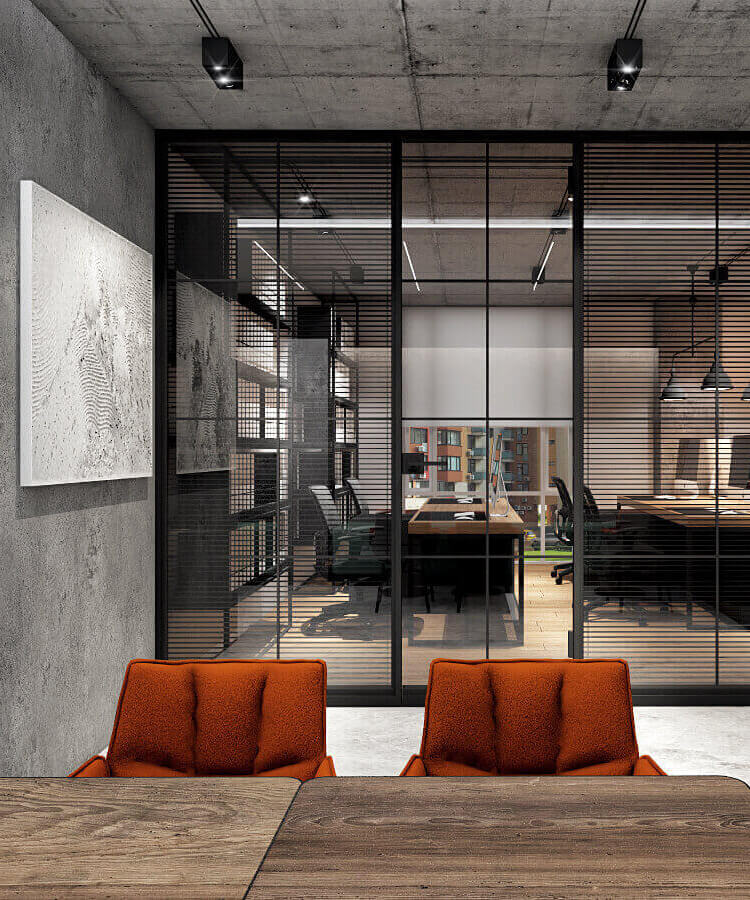Interior Design
Interior design is the art and science of creating functional and aesthetically pleasing interior spaces. It involves the study of human behavior, ergonomics, and psychology to design spaces that meet the needs and desires of their occupants. Interior designers use their creative and technical skills to transform a space into a functional, comfortable, and beautiful environment.
The history of interior design dates back to ancient civilizations, where people used materials and furnishings to decorate their homes and public spaces. Today, interior design has become a profession with its own set of standards and practices. Interior designers work with clients to create unique and personalized spaces that reflect their lifestyle, taste, and personality.
In addition to its aesthetic qualities, interior design also has a significant impact on the health and well-being of its occupants. A well-designed interior space can enhance productivity, reduce stress, and improve overall quality of life. With the increasing focus on sustainability and eco-friendliness, interior design also plays an important role in creating environmentally responsible and energy-efficient spaces.
Overall, interior design is a dynamic and creative profession that requires a combination of artistic and technical skills. As our world becomes more complex and diverse, the role of interior design in shaping our built environment will continue to grow in importance.
